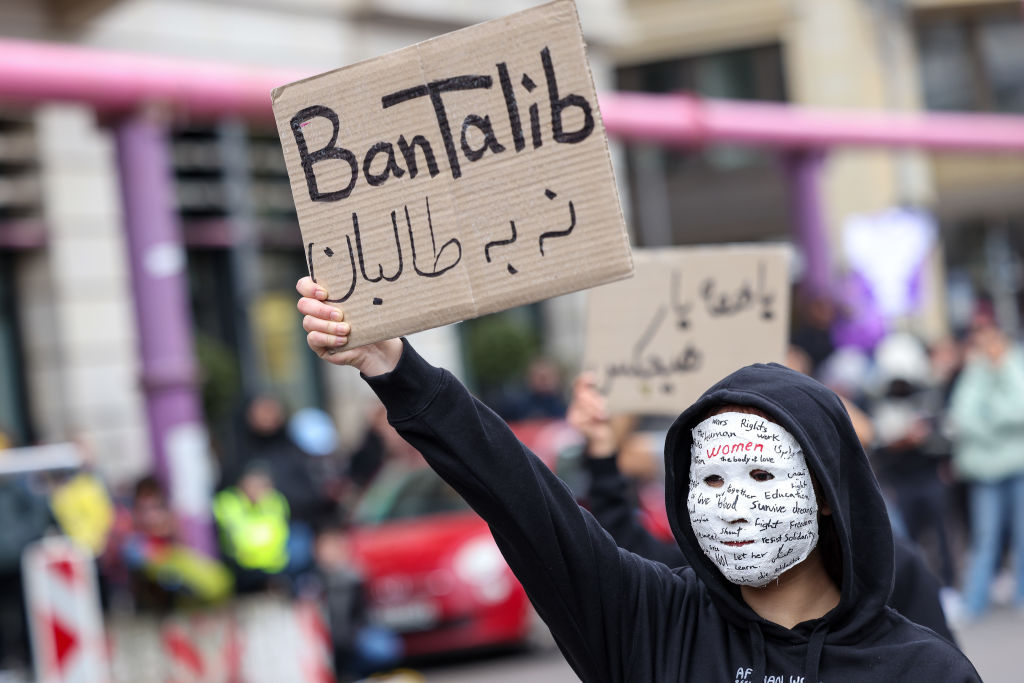The oppression of women continues to grow in Afghanistan under Taliban rule. On December 28, the regime announced a new decision. Residential buildings overlooking public spaces will now be deprived of windows. Women, already confined to their apartments most of the time, are being further erased from society. The Taliban stated that seeing women in kitchens, courtyards, or drawing water could lead to “obscene acts.”
Since regaining power in 2021, after an agreement with Donald Trump’s administration the previous year, the Taliban have relentlessly attacked women’s fundamental rights. Women lost access to education and were gradually pushed out of the workforce.
In August, the Taliban imposed a law to enforce women’s invisibility. This law forbids women from singing or reading aloud. By October, the regime intensified restrictions further. The minister for the propagation of virtue and prevention of vice banned women from reciting the Quran in the presence of other women. Even group prayer is now considered a threat by those in power.
The misuse of religion for women’s oppression contradicts the global progress toward gender equality. Such actions must not only be condemned by human rights organizations or Western governments. The credibility of these governments is already tarnished by their compromises between claimed values and self-interest.
The Taliban have not gained recognition from any country since their return to power. Yet, they seem confident that time will work in their favor. They believe issues like Afghanistan’s security and worsening humanitarian conditions will normalize their regime. The closure of Afghan embassies abroad signals this belief. On December 22, the Saudi diplomatic mission reopened in Kabul. Saudi Arabia, the UAE, and Pakistan were the only countries to recognize the Taliban’s first regime from 1996 to 2001.
Subordinating principles to realpolitik is dangerous and short-sighted. Afghanistan’s future is tied to this systematic oppression of women. Gender-based apartheid, now a reality in Afghanistan, is being pushed as a crime against humanity.
In June, the United Nations accepted the Taliban’s demands by opening talks in Doha, Qatar. These talks excluded Afghan civil society, including women’s rights activists. Since then, women’s oppression has only worsened. The confinement of women has shown these discussions to be a futile exercise.
Afghanistan cannot break free from underdevelopment and instability by subjecting half its population to such oppression. The Taliban’s actions not only harm women but also keep the entire nation trapped in misery.


